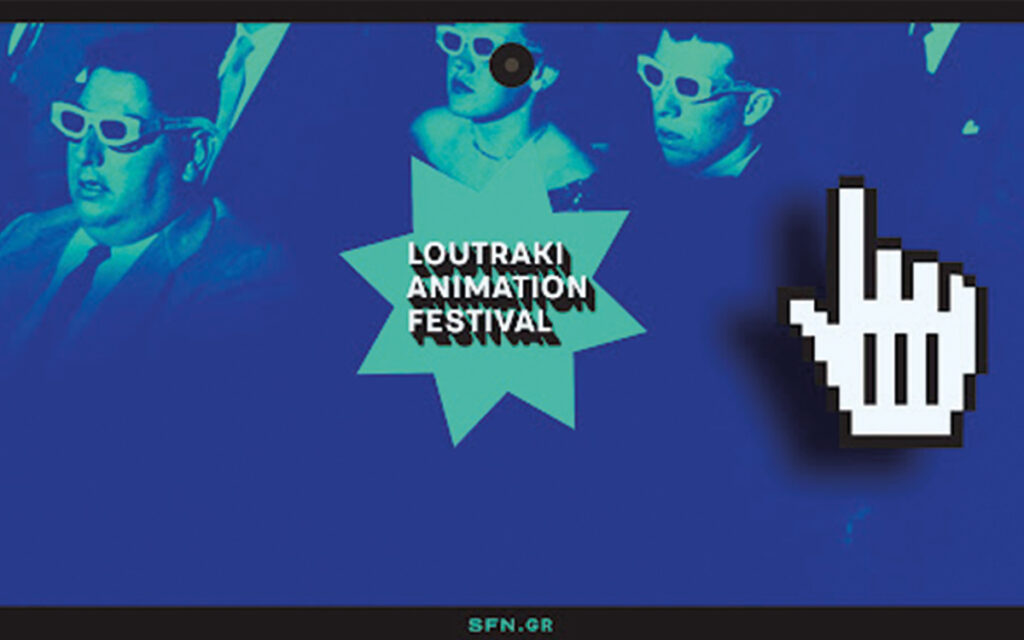Festivart Loutraki
Festivart Loutraki
In our societal interactions, the prevailing theme is that of acceptance. Building upon the previous year’s exploration of “Diversity,” acceptance emerges as a contemplation, an inquiry that delves into the layers of intentional or unintentional, processed or unprocessed, finalized or ongoing connections, influencing our receptivity to others.
Acceptance of a given situation may contradict embracing a uniqueness or an innovation capable of forging a new connection. Simultaneously, acknowledging an issue might conceal a philosophical assessment, forming a tragic validation of potentially fatal and inevitable circumstances—an expression of free will or a haphazard, risky decision.

In the context of our contemporary digital era, our increasing interaction with “smart” devices necessitates a critical examination of the concept of acceptance. Online, the expression of acceptance often manifests as a question, presented as an option. Specifically, the choices provided to us are: 1. Accept, 2. Manage preferences: Details for limited or optional acceptance 3. Do not accept: A choice absent from some sites. In the absence of this option, users are left with the binary decision of either refraining from browsing or conceding to acceptance. This perceived pressure eradicates resistance and gradually infiltrates numerous aspects of our activities.
The seemingly automatic acceptance of cookie pop-ups arises from our eagerness to progress without interruptions. Initial hesitations fade easily, as the digital subjugation model’s evolution significantly contributes to the reinforcement of addictive mechanisms. The “Near Future Laboratory,” comprising sociologists and medical professionals, identified four manifestations of spiritual exhaustion: Stress syndrome, Profiling Schizophrenia, Neglect Phobia, and Obscurantism.
In the era of networking and web exploration, how do we delineate the concept of acceptance? What do we deem credible and real?
A novel form of education emerges from the plurality and speed we accept as outcomes of algorithmic searches, thereby reshaping the criteria for credibility. Festivart



